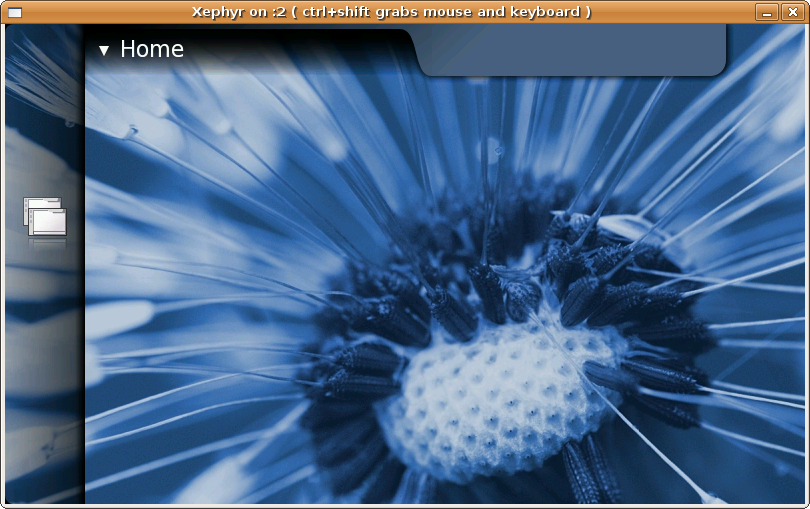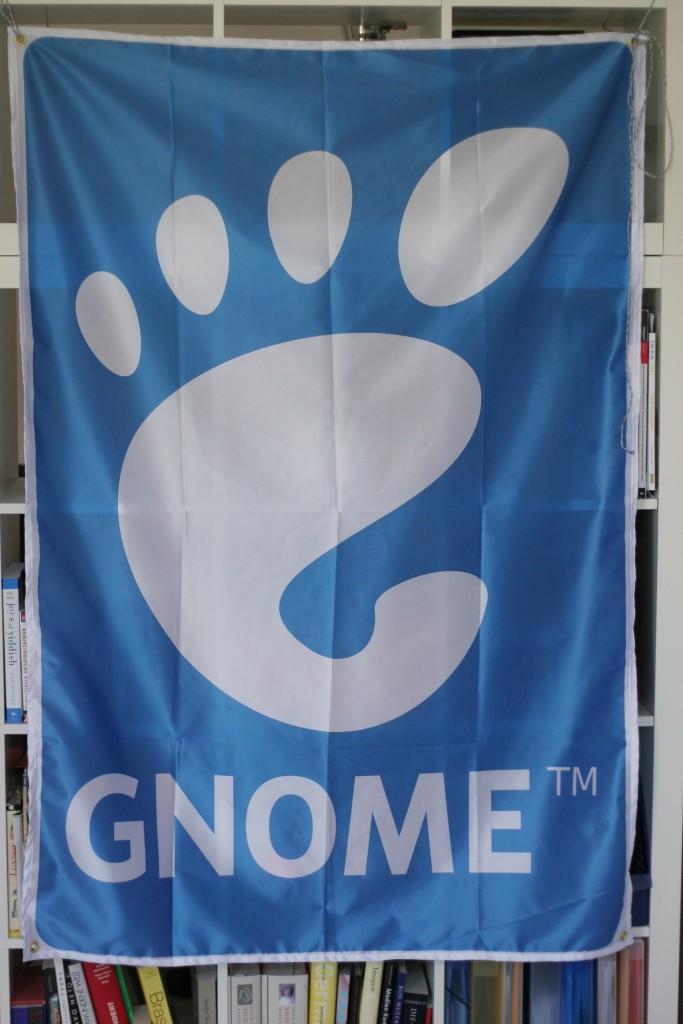I’ve updated the C++ gtkmm bindings for Maemo for the unstable Chinook/Sardine release, which will one day become the new stable Maemo release. That’s hildonmm (previously hildon-libsmm) and hildon-fmmm.
Some links:
- The hildonmm NEWS file and the hildon-fmmm NEWS file, listing API changes.
- The unstable Maemomm documentation.
If you are running Maemo Sardine then you can add the extras repository by adding these lines to your /etc/apt/sources.list:
deb http://repository.maemo.org/extras/ sardine free deb-src http://repository.maemo.org/extras/ sardine free
and then install them like so:
fakeroot apt-get install libhildonmm-dev libhildon-fmmm-dev
Packages are only available for the x86 target for now, but I’ll create ARM packages fairly soon.
Feedback is welcome. Add a comment here, please, because there doesn’t seem to be any bug-tracker for Maemo extras projects.




